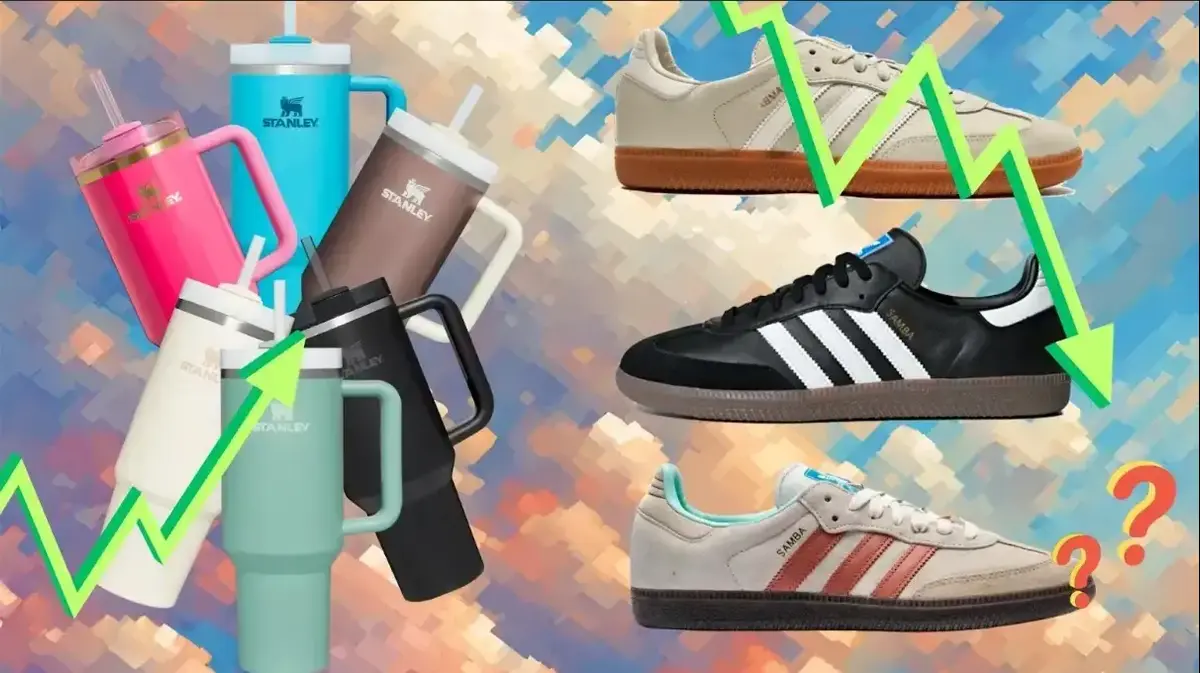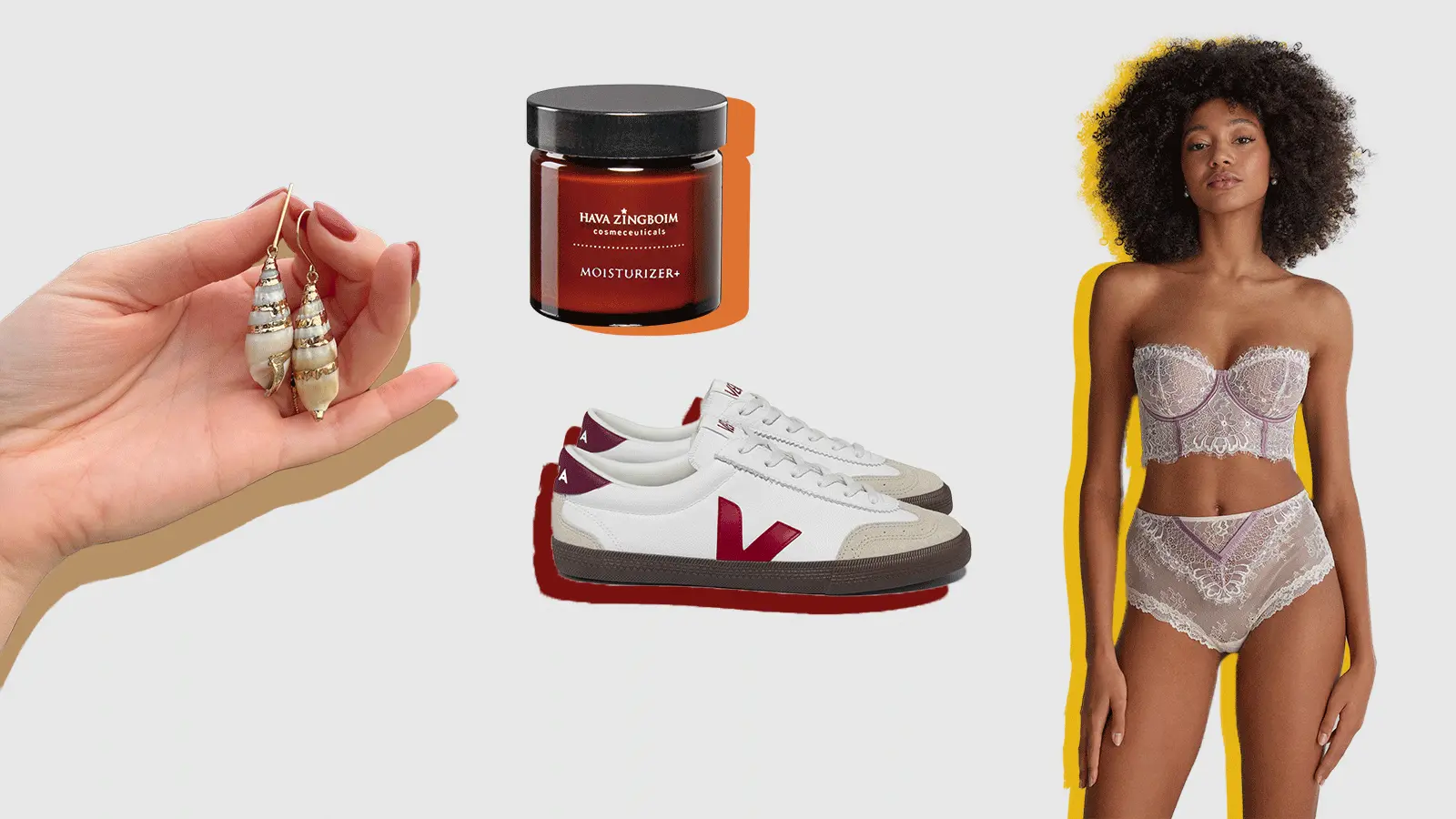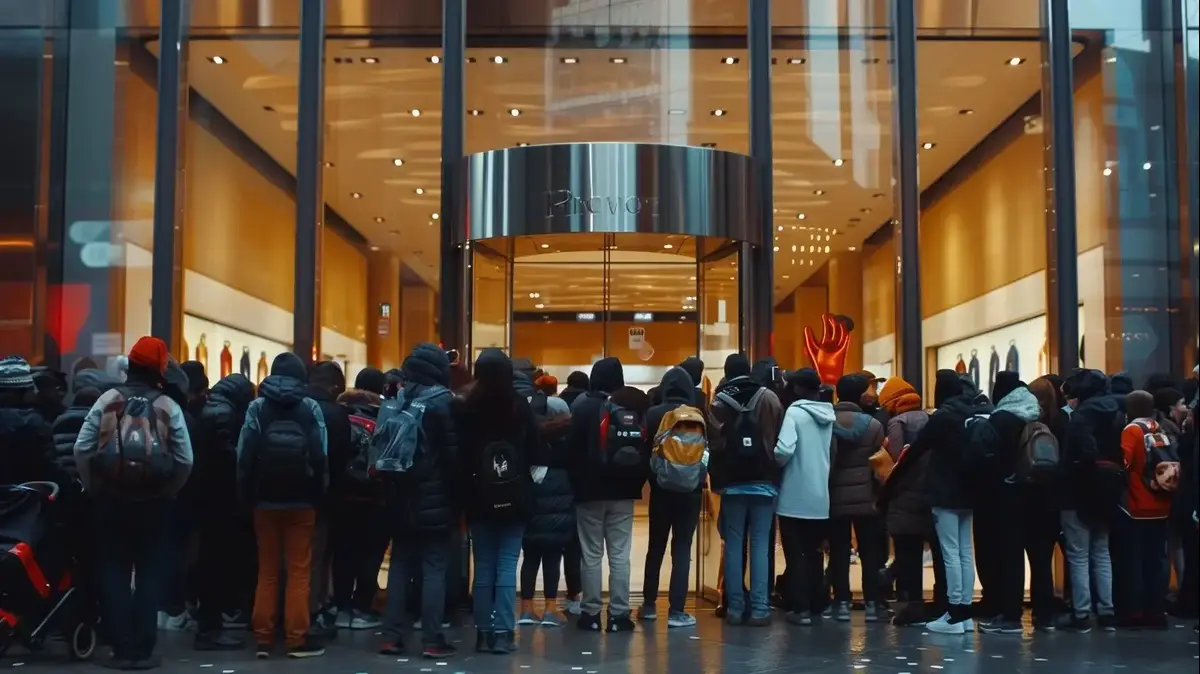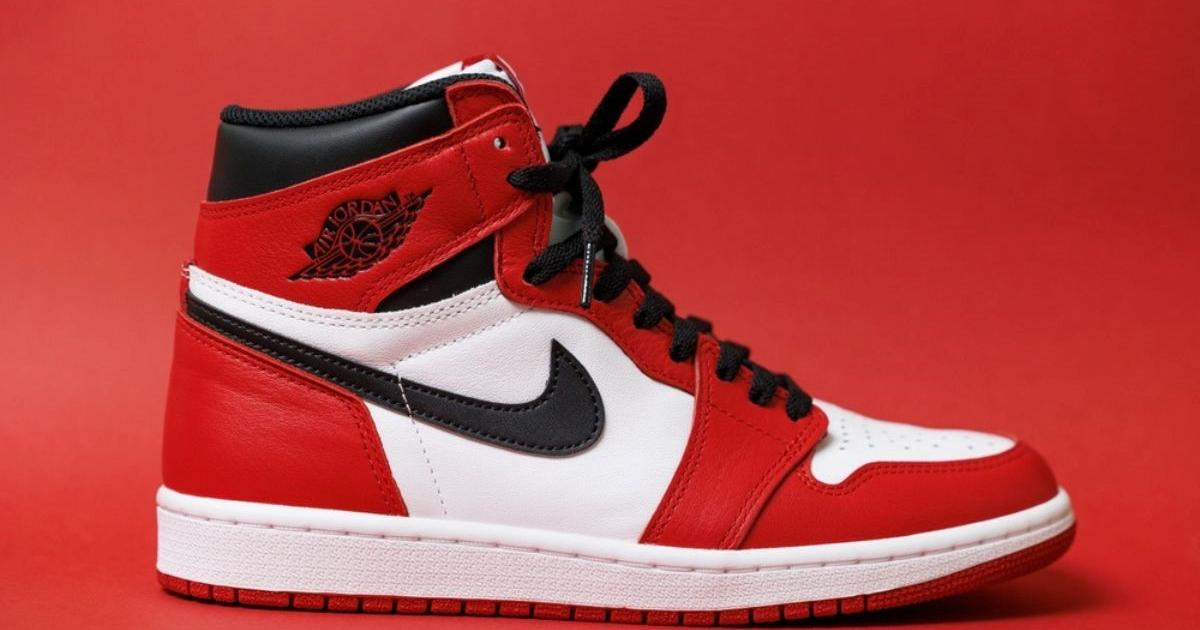How do you restart an iconic brand that has fallen from greatness?
The story of Diesel's case
Diesel's marketing vision change has saved the iconic jeans brand its lost dignity.
What can we learn from this about rebranding as our target audience matures?
Nir Malmud
18/07/2022
Monday, 18 July 2022, 17:49 Updated: 18:45
Share on Facebook
Share on WhatsApp
Share on Twitter
Share on Email
Share on general
Comments
Comments
Diesel's campaign from 2021 brought nineties fashion back to the forefront (Photo: Alon Shafransky)
The 80s and 90s were the heyday of the Diesel brand.
The iconic jeans, with the reddish diagonal stripe above the fifth pocket, were a spring of such quality purchase that the price that appeared on its ticket wonderfully matched the consumer perception.
Led by the company's founder Renzo Russo, this global phenomenon continued into the following decades, positioning Diesel as the most coveted sports and elegant sportswear company in the world.
The advertising campaigns over the years have stood out exceptionally: the imaginary life in North Korea, a staged car accident, and a brave LGBT kiss, only contributed to the unpopular desire of the pop culture brand and revenues of about 4 billion euros, already in 2010.
However, something has happened in recent years: when the average age of customers passed the age of 40, the brand no longer winked at young audiences.
The jeans trend was replaced by comfortable sports-casual pants, the production costs and operation of the store also weighed on the brand's profitability, and the responsibility for management passed from Rousseau, full of passion to smart managers but without a built-in vision, who sought a wide audience. Standard.
The results were not long in coming.
By 2019, the brand had fallen to just under € 1 billion in revenue alone, and in the Corona year, 2020, the sales rate fell by a further 22% compared to the same period in 2019.
Diesel USA, the American arm of the brand, was forced to file for bankruptcy in early 2019, in order to deal with the losses of stores in the North American continent.
Creating a brand culture adapted to the new era
The bankruptcy of Diesel USA was in fact the fastest and bravest first step taken by Rousseau after taking back the reins of management in early 2018. The more significant move was the elimination of the brand's cheap and low-quality offering, focusing on luxury and designed fashion in collaboration with bold and aggressive designers. Wall).
These moves gave the first positive signals in terms of profitability.
After stabilizing the company, Rousseau brought in a new CEO, Massimo Fiumbini, who had previously run luxury brands such as Bulgari, Valentino and Gucci. "A dream has been replaced by brand authenticity. Reaching the consumer must go through a real experience and not through one-way preaching.
Moreover, Fimbini believed that the path to success goes through creating a brand, physical and digital culture, adapted to the new era."
Diesel's competition is not against Levy's or Balenciaga, but against the consumer's gym or Netflix.
" Diesel must be an integral part of a consumer's life
."
Re-characterization of customer types based on personal preferences and consumption habits
To get started and create a new ecosystem, the brand is required to first learn about its customers, and after extensive research that included questioning thousands of customers, 4 customer types were formulated:
Lovers of haute couture and luxury brands
'Clothing fixers' who prefer functionality over trends
'Clothing Experiments'
Individualists who value uniqueness in the way they dress
Every employee in the company is required to understand how his specific role is adapted to the 4 types of customers, and they were required to recognize and use a slogan that reflects the transition: "denim is the social fabric of the world".
Terms like 'stay curious', 'take a risk', and 'stay connected' have become a media base.
Pumbini, who came from the world of luxury brands, has a solid opinion about the relationship between product and price.
In his opinion, when a consumer feels that the price is expensive, it is due to the fact that his perception of the brand is wrong.
When the brand is properly perceived, jeans can also cost over 300 euros and be perceived as a great buy.
The acceleration of the digital axis since the beginning of the corona (upgrading the e-commerce operation, the virtual Hyperoom room) was an important and correct step for the period, but it does not constitute a substantial and deep enough change of the core of the Diesel business model.
The brand has not yet defined what the future environment it is striving for is.
The opportunity Diesel could not afford to miss
The opportunity that Rousseau and Fiumbini see is probably in the arena of sustainability.
The fashion industry is moving in the direction of a commitment to 100% recycled fabric (Zara, H&M, etc.), and meeting environmental and social criteria such as ESG.
However, luxury fabrics and 100% recycled jeans are a promise that is not yet owned.
Proper wrapping of the connection between Diesel and sustainability, while striving towards a circular economy, prevention of waste, and maximum utilization of raw materials or energy, can create an ecosystem that is wide enough for operation and transportation in it.
Diesel's campaign to enjoy the product before returning it is a great example of this:
Enjoy Before Returning - DIESEL FW19
Rousseau knew that such a transformation process was not going well and was expected to take years.
Knowing exactly this, he defined guiding principles that make up Diesel's new Responsible Living vision, including investment, research and development in 'existing' solutions and techniques designed to contribute to the vision across the company's value chain.
Think of Diesel as the world's leading circular fashion company.
So many opportunities await here, from the sales processes, the customer experience in the physical or digital point of sale, the relationship with the consumer after the sale, the brand responsibility, and the brand connections in the consumer's daily life.
Nir Malmud is the CEO and founder of FreshStart, which accompanies brands and companies in creating a new strategic digital order, business transformation and innovation programs.
Marketing and Digital
Organizations, systems and changes
Tags
diesel
Fashion
Jeans
Brand
Environmental economics
Fashionable recycling
Recycling





/cloudfront-eu-central-1.images.arcpublishing.com/prisa/AFAFFD5GDNCDHKO2MHBSFAZ6XY.jpg)



